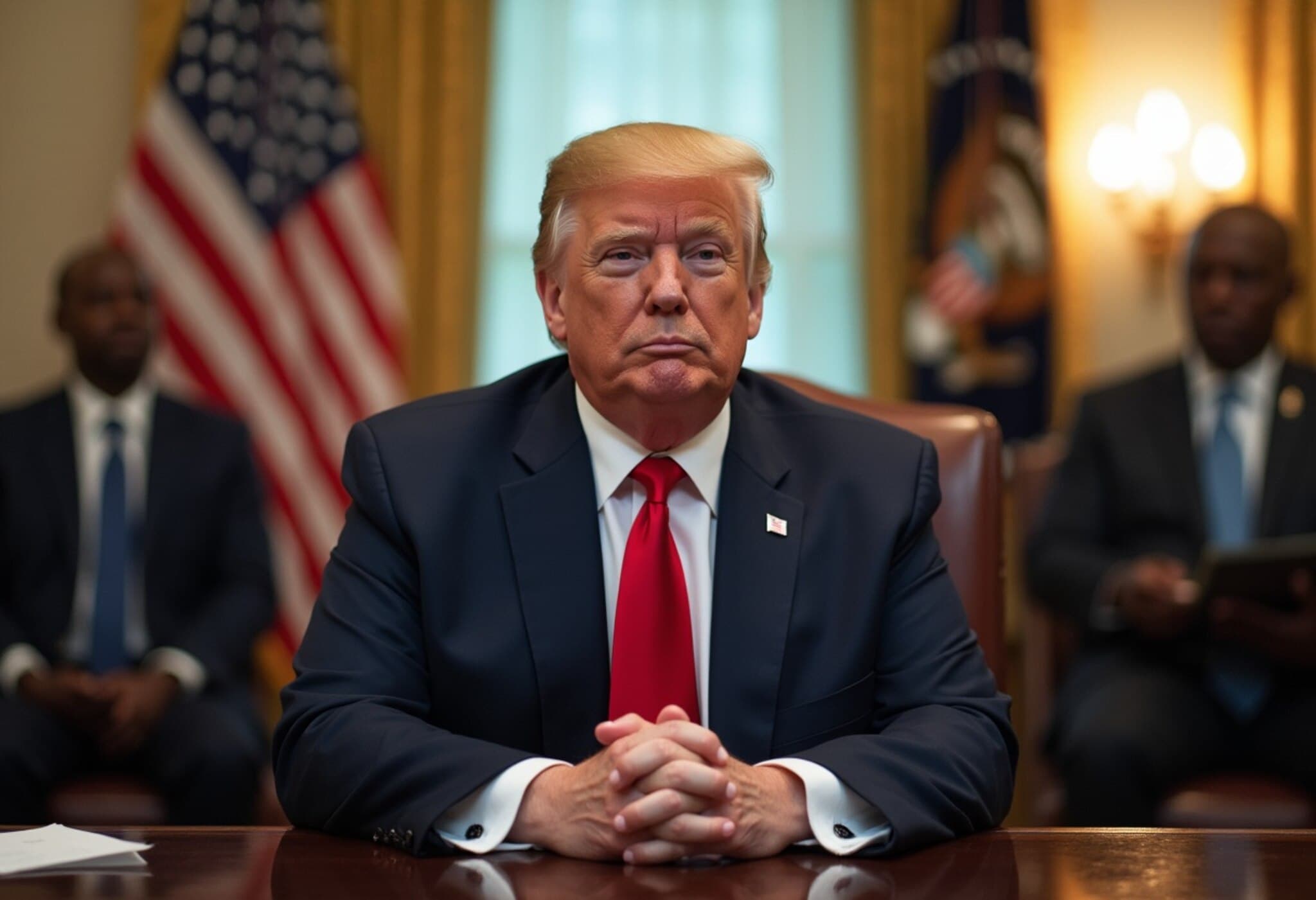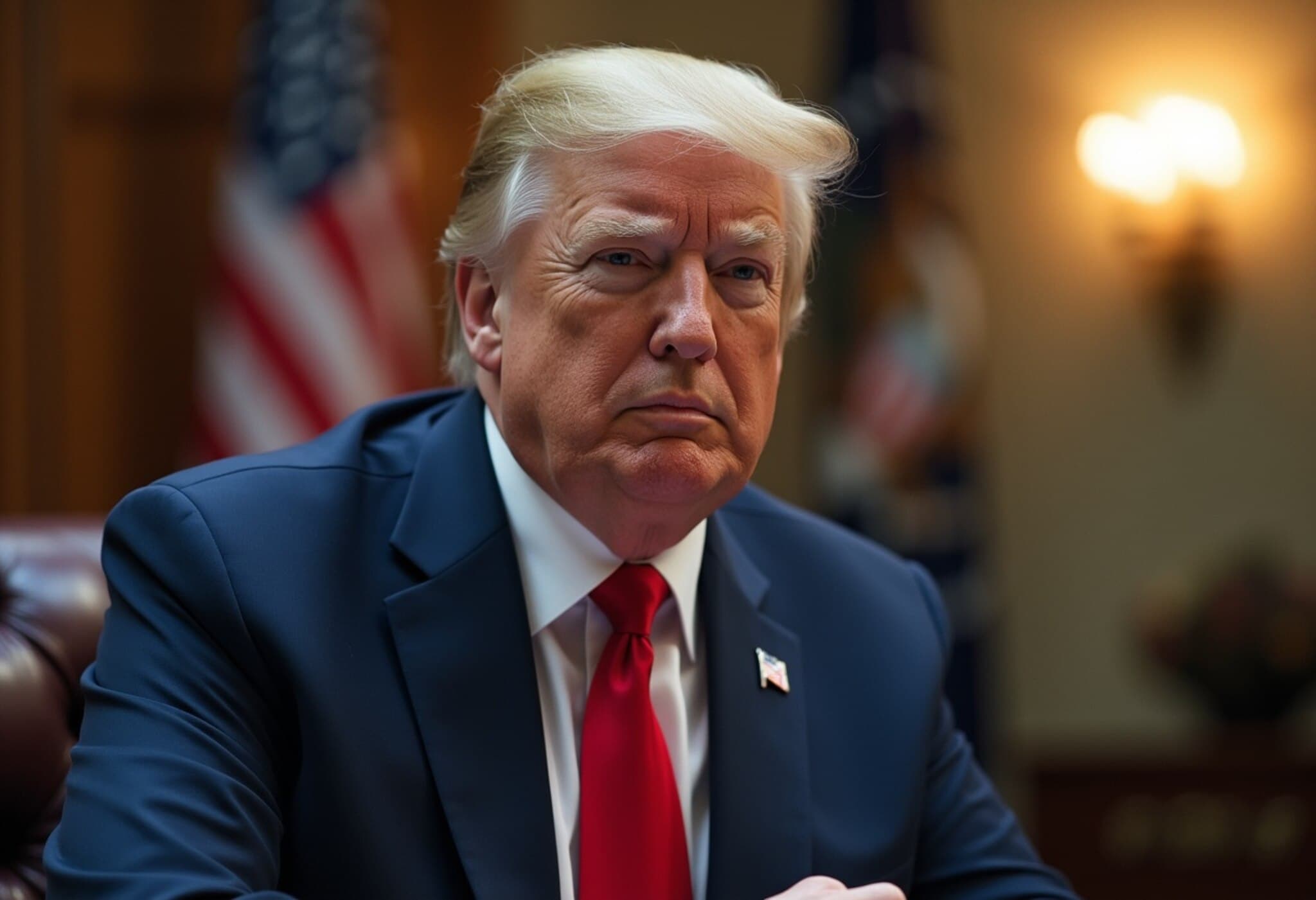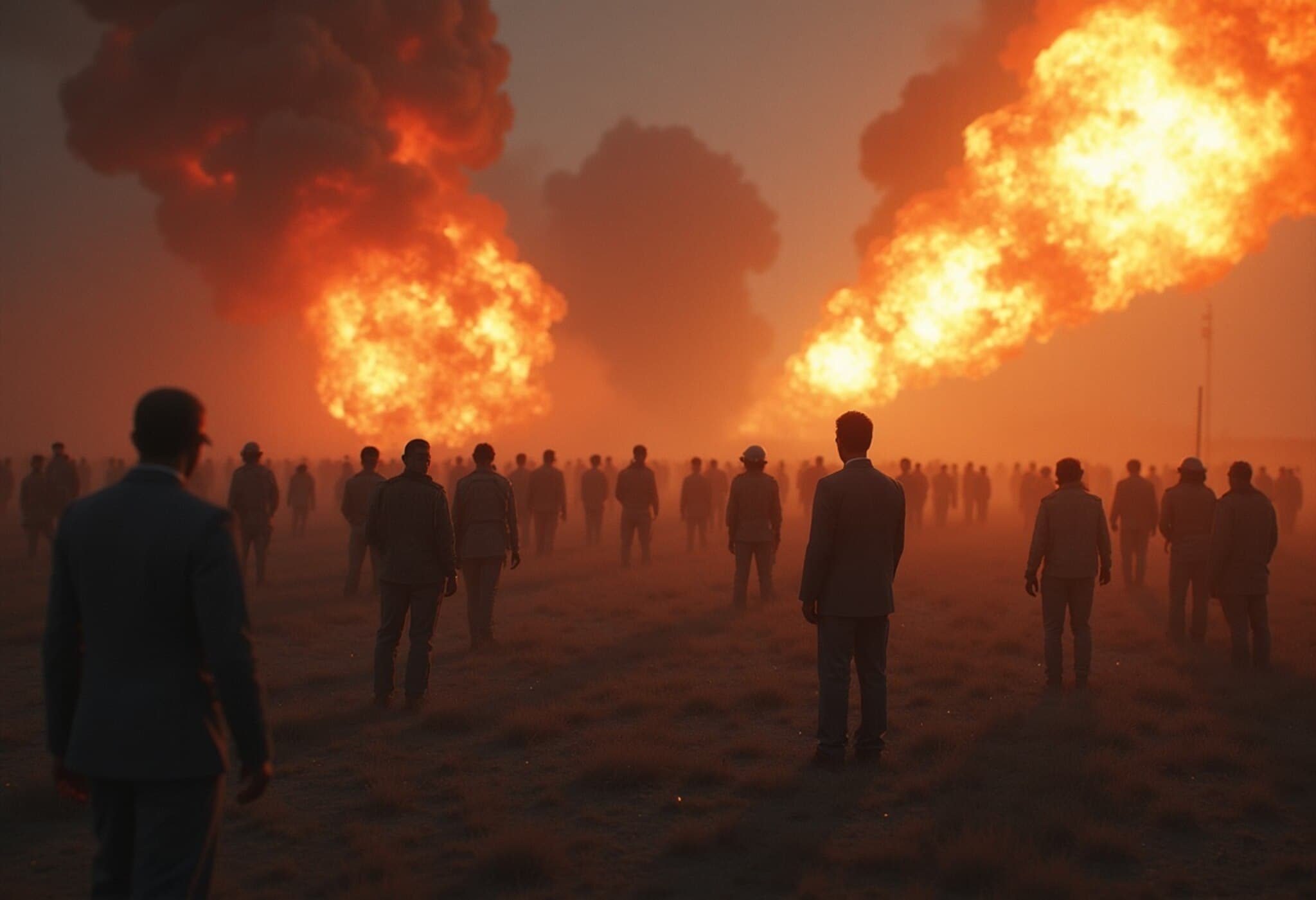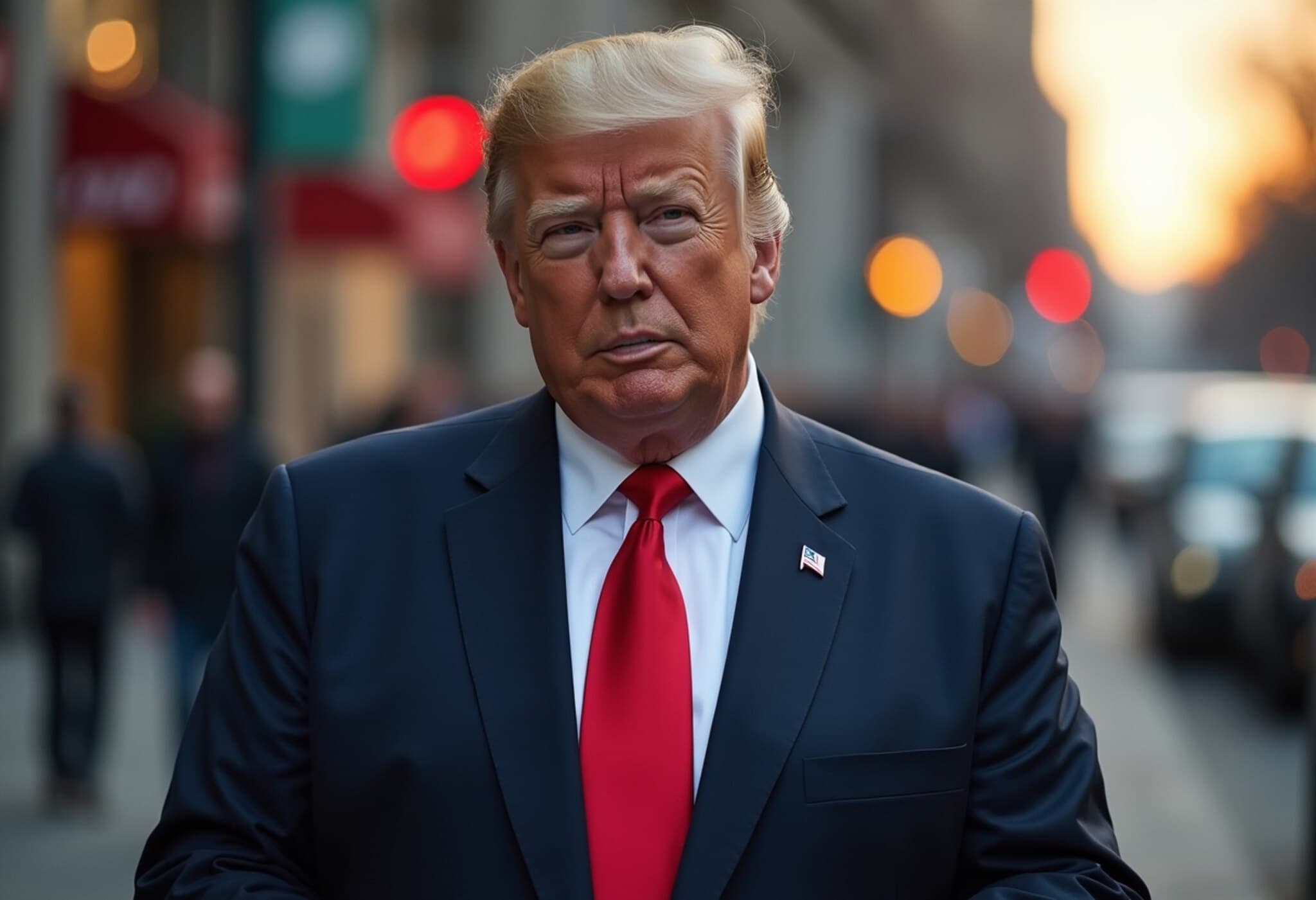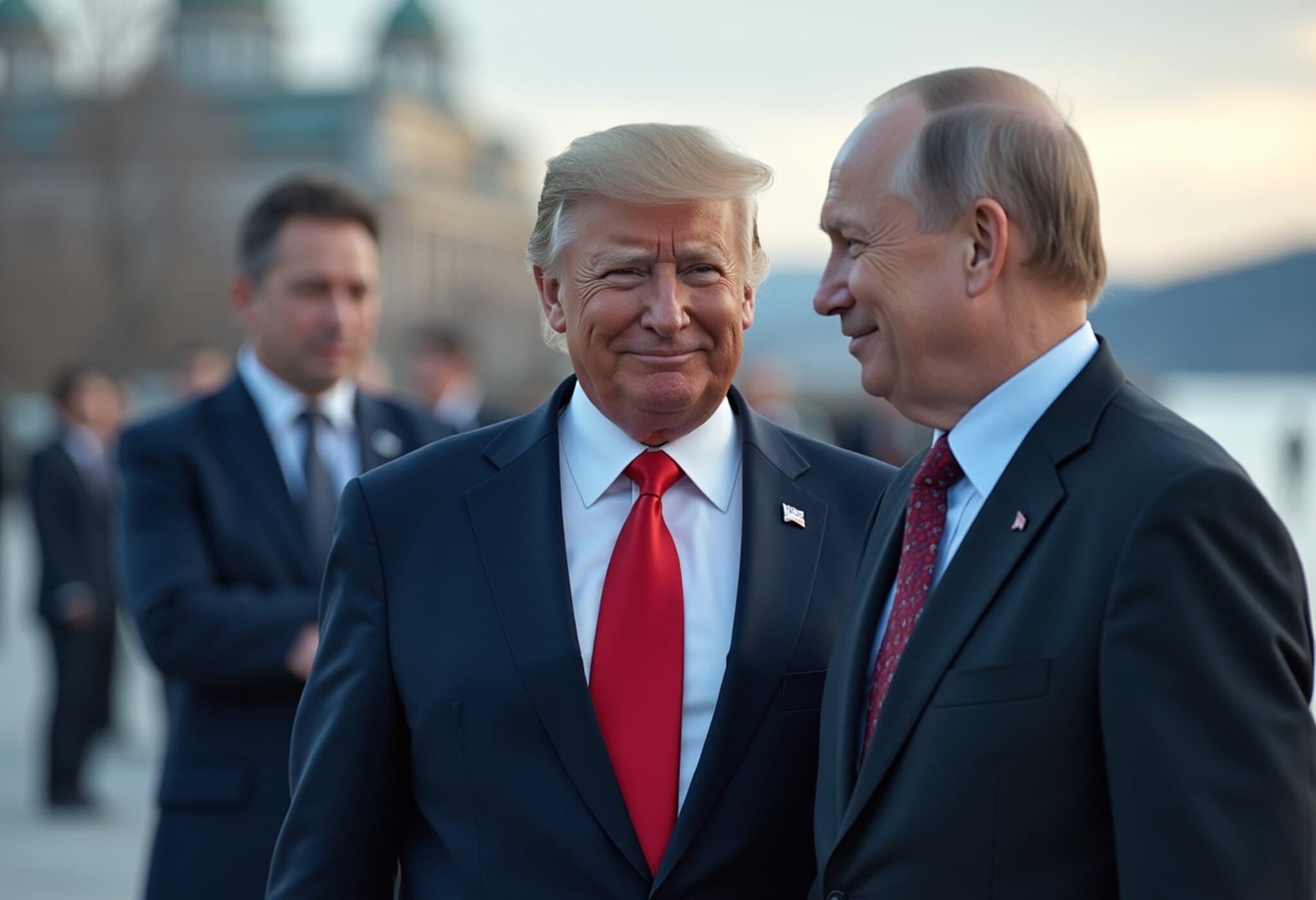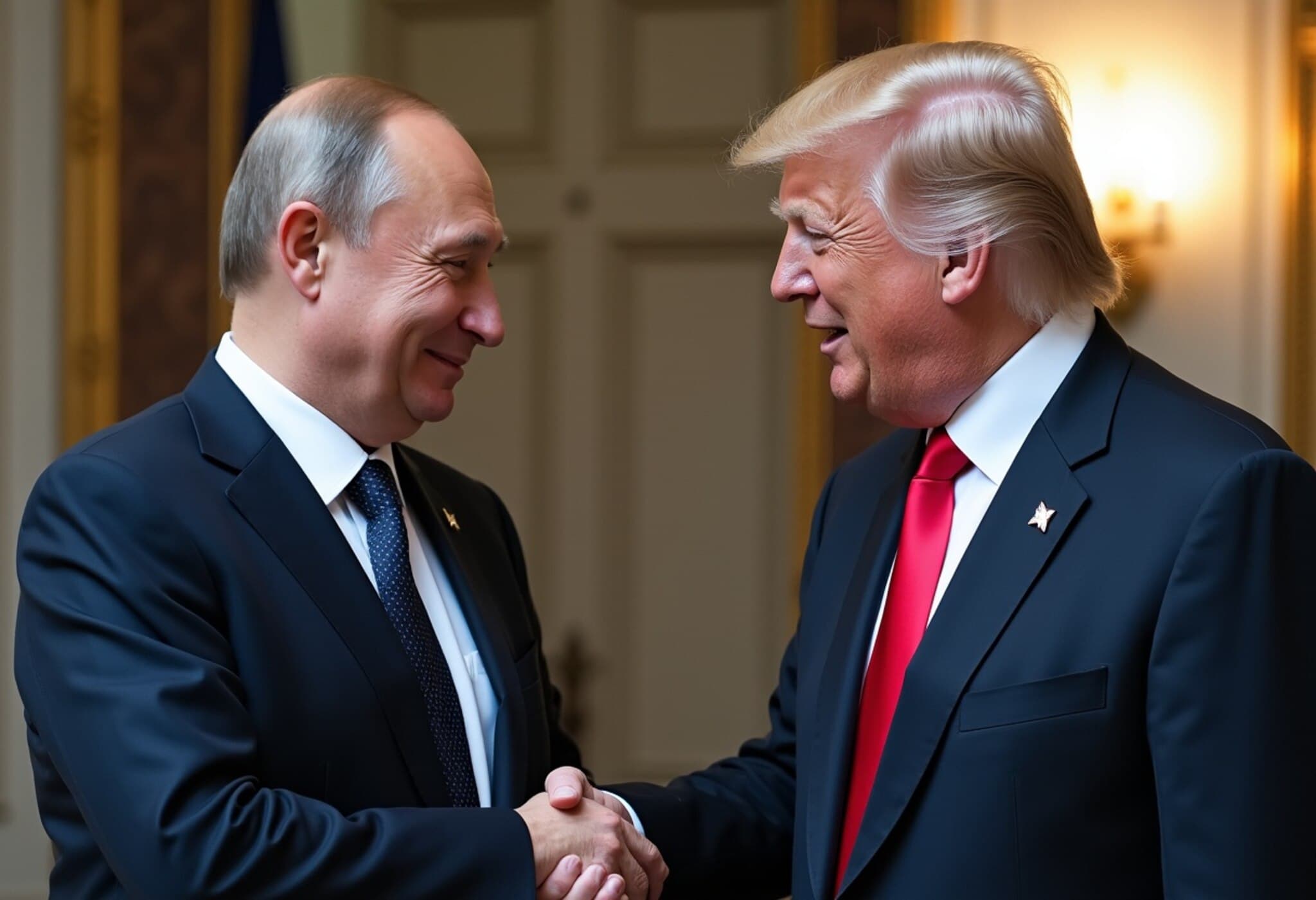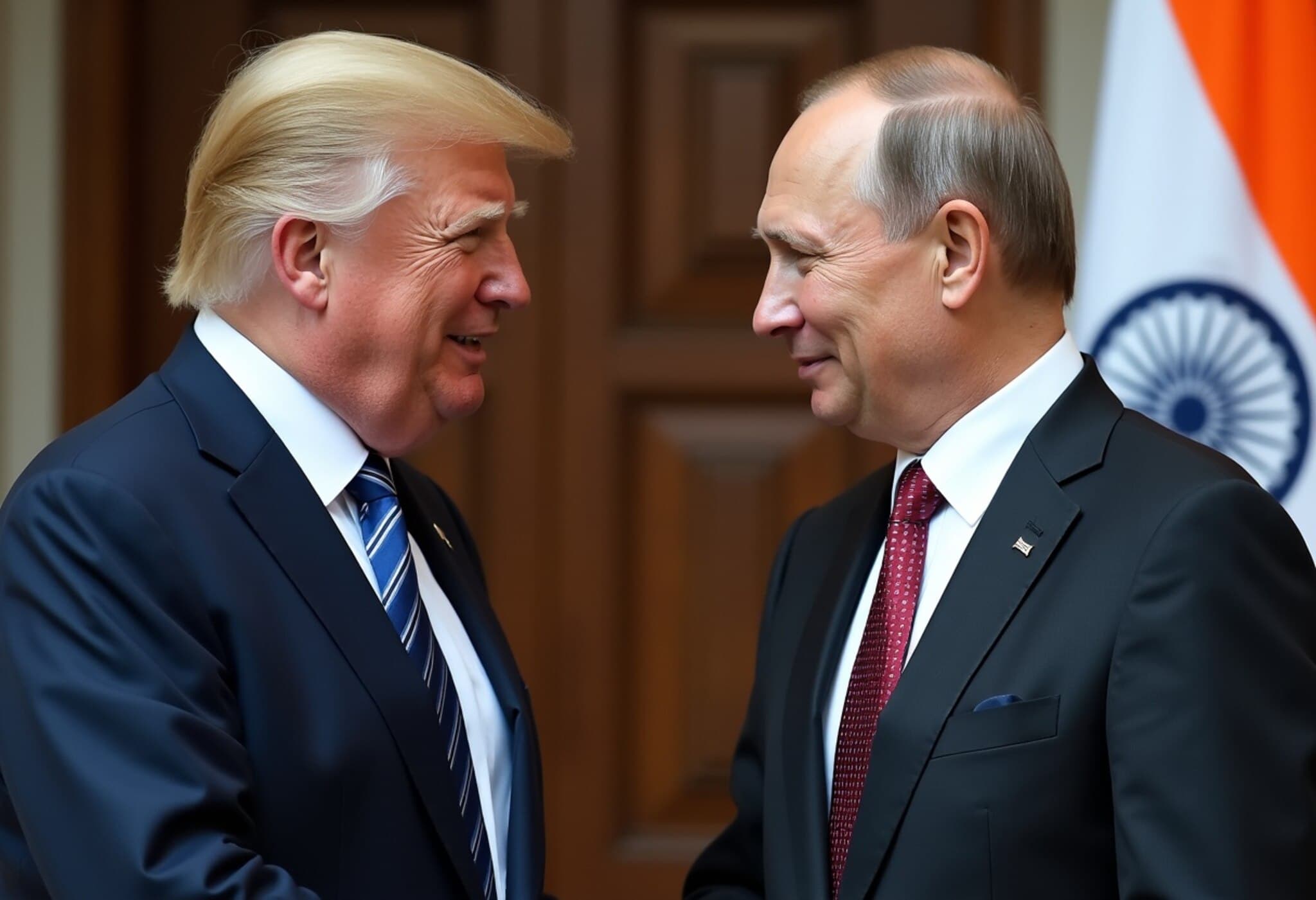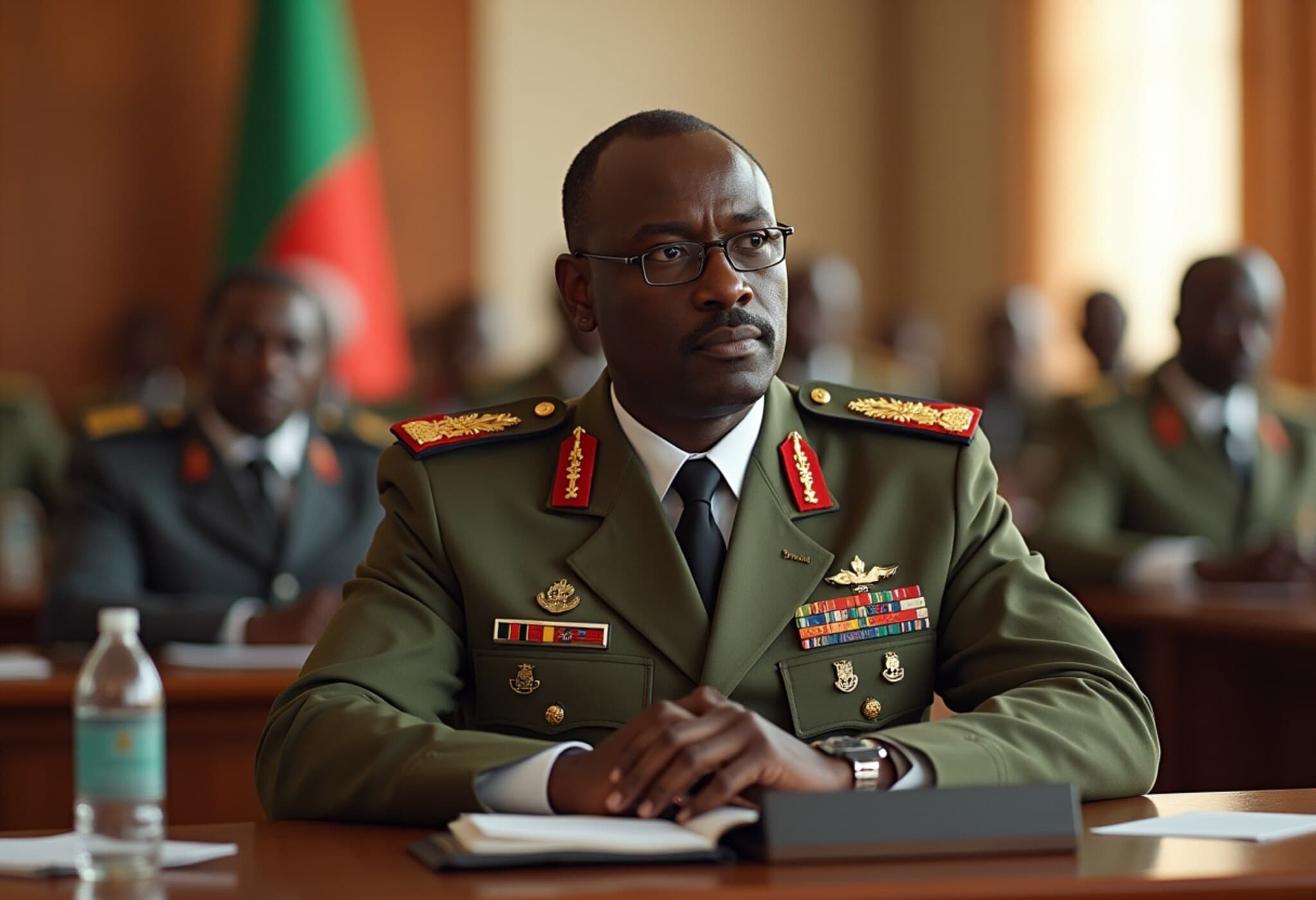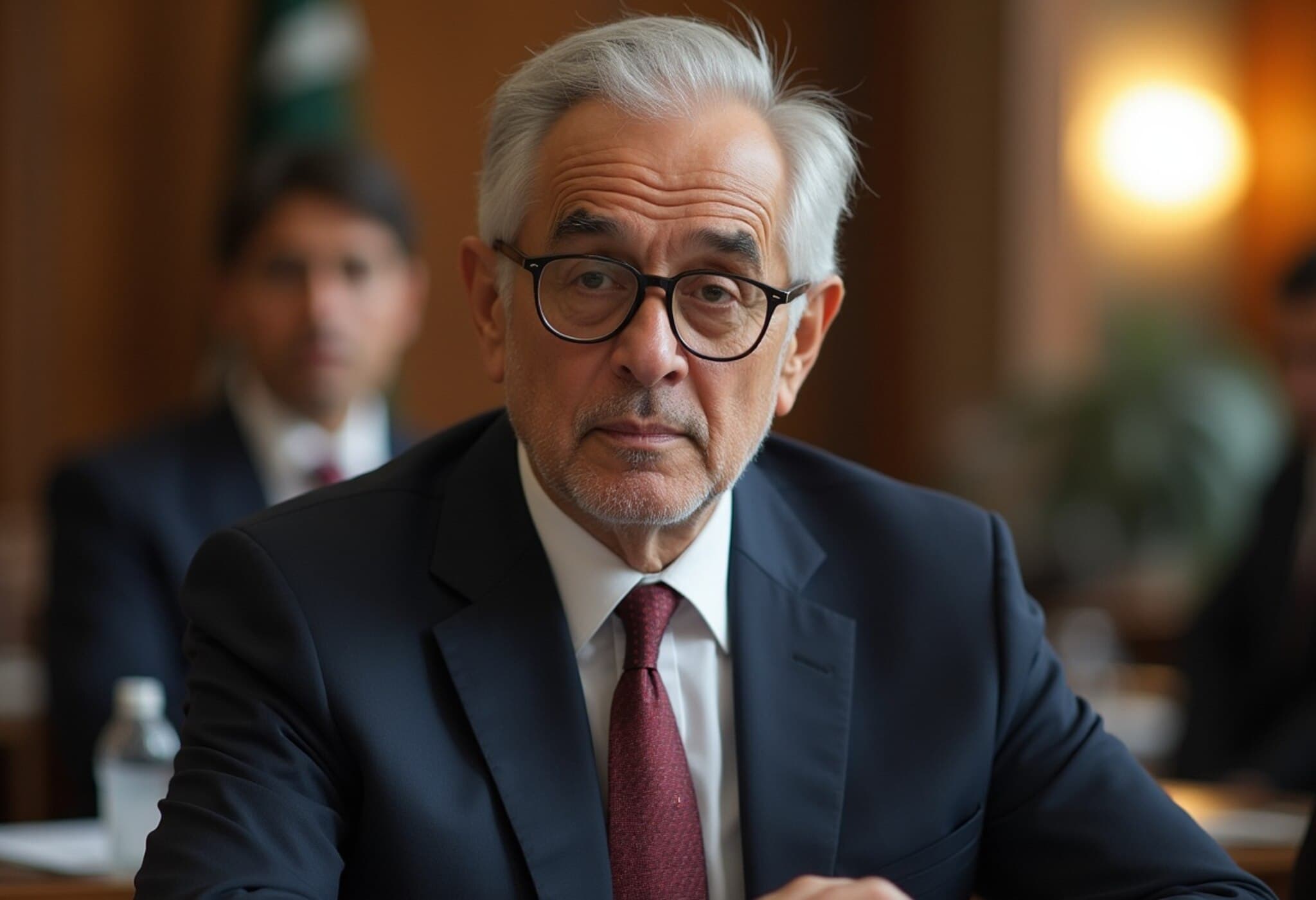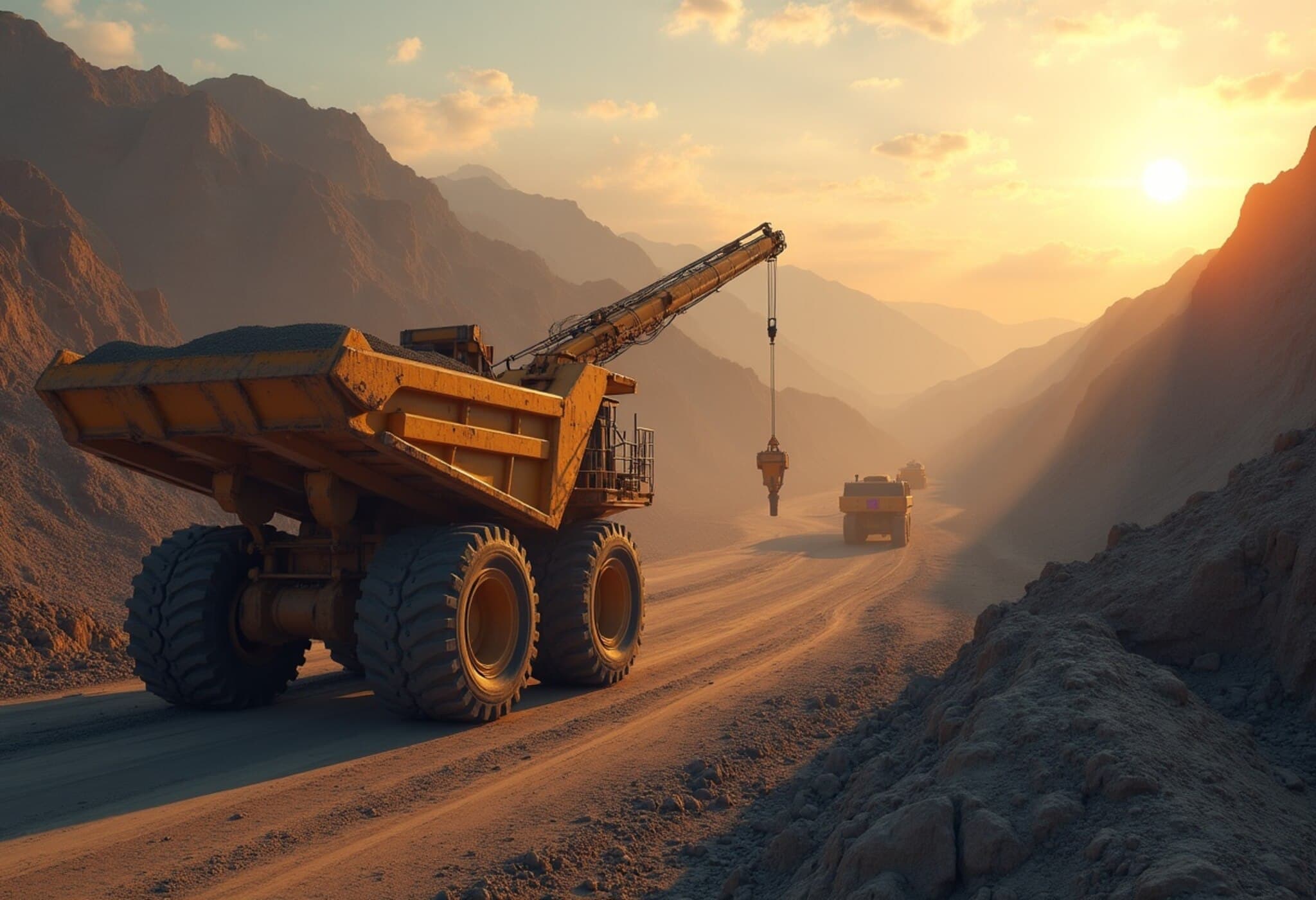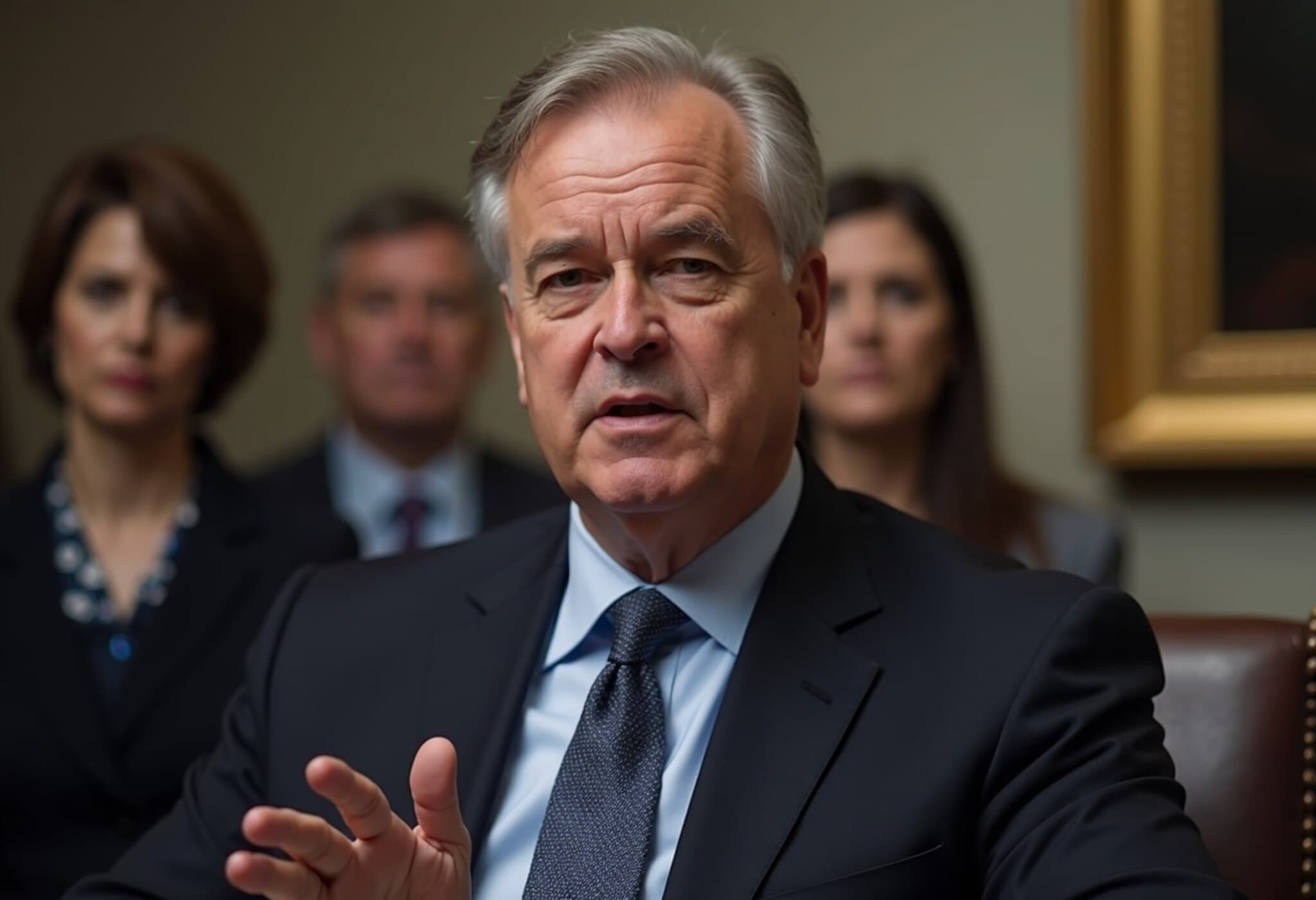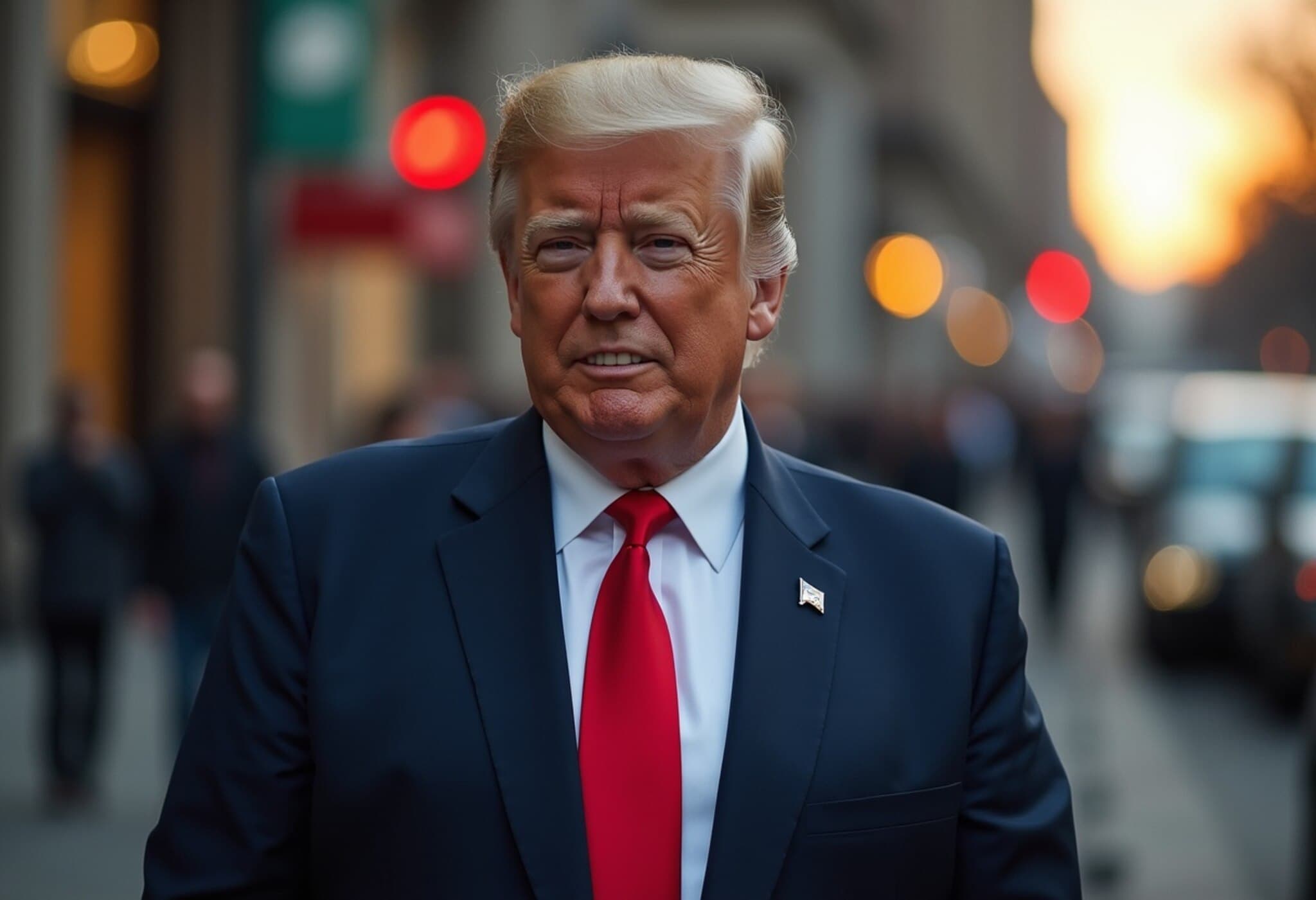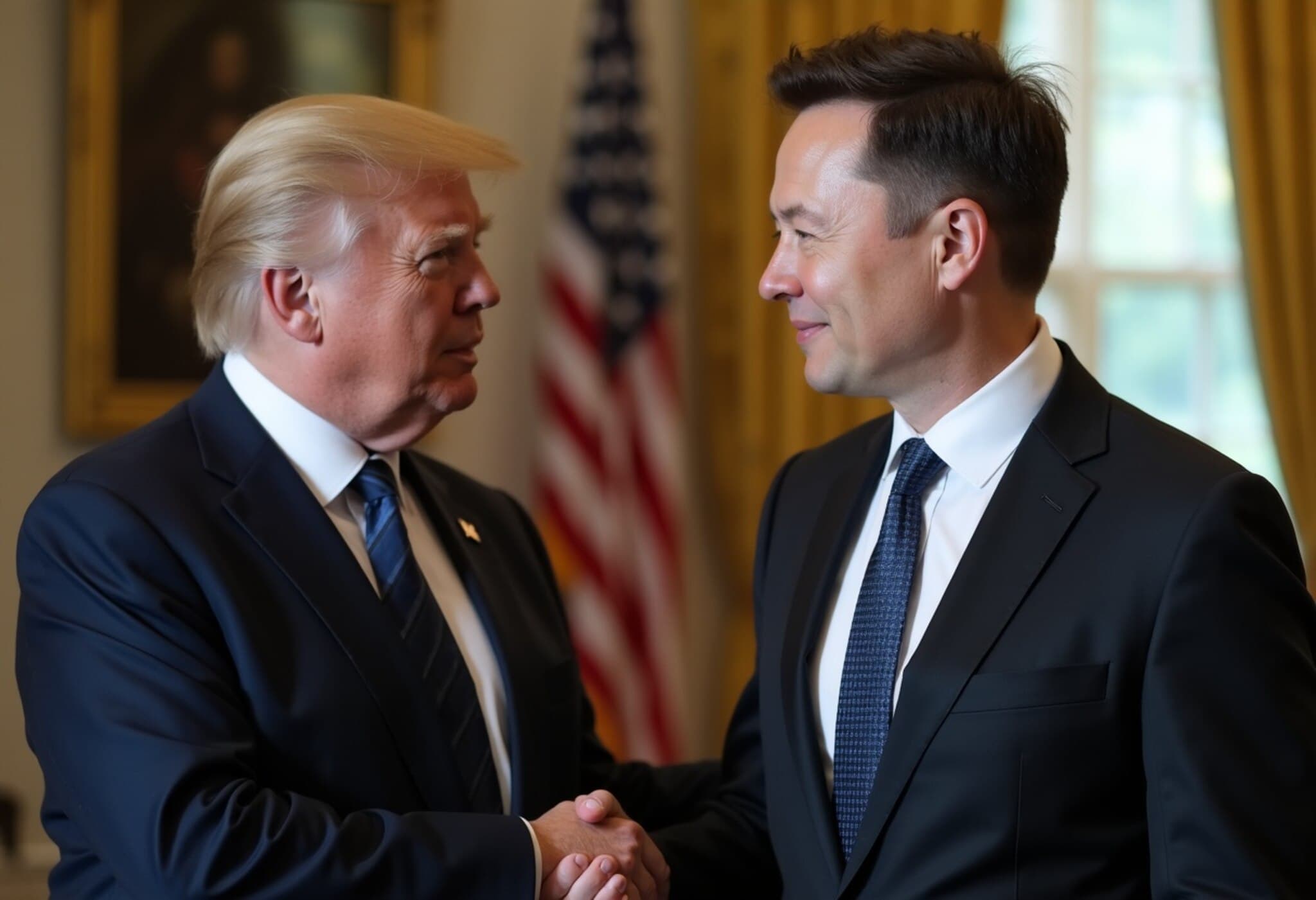US Reorients Africa Policy Focusing on Trade and Critical Minerals
In a clear pivot toward economic engagement over traditional aid, former US President Donald Trump convened a high-profile summit with five West African heads of state at the White House on July 9, 2025. This gathering underscores Washington’s urgent push to secure vital natural resources and to challenge the expanding footprint of China and Russia in Africa’s rapidly evolving geopolitical landscape.
The Summit: Building Strategic Partnerships
The leaders from Senegal, Liberia, Guinea-Bissau, Mauritania, and Gabon joined Trump in what experts are calling a strategic effort to deepen economic bonds, notably focused on critical minerals essential for modern technology and green energy sectors. These countries, while smaller in economic scale, hold significant reserves of manganese, bauxite, copper, lithium, and cobalt—minerals prized worldwide for manufacturing everything from batteries to aircraft.
Trump positioned this initiative as a mutually beneficial economic roadmap. “Africa holds tremendous potential—rich soils, abundant minerals, thriving people. We want American businesses to partner and grow with the continent, not just send aid,” he said at the summit. The leaders expressed optimism, with some media citing effusive praise for Trump’s vision during post-event interviews.
Shifting Away from Aid Toward Economic Cooperation
This summit arrives amid a controversial US policy shift, as the Trump administration dismantled the agency for international aid (USAID) and announced sweeping cuts in foreign assistance. Instead, it champions trade-based partnerships over the traditional charity-model approach. While aimed at fostering sustainable growth, critics warn these changes could undermine fragile economies. According to a Lancet study, aid reductions risk adding over 14 million deaths globally by 2030, disproportionately impacting regions like West Africa.
Liberia exemplifies this tension: once heavily reliant on US aid to rebuild after brutal civil conflicts, it recently received around $160 million annually—nearly 3% of its GDP. President Joseph Boakai reaffirmed Liberia’s close ties with the US but emphasized the importance of evolving toward commercial diplomacy.
Counterbalancing China and Russia's Expanding Influence
China’s extensive investment in African infrastructure and resource sectors, notably its reliance on Gabon’s manganese, and Russia’s backing of regional coalitions like the Alliance of Sahel States, pose significant strategic challenges to US interests. Washington’s renewed focus aims to offer African nations alternatives grounded in economic dignity rather than geopolitical dependence.
Massad Boulos, senior advisor on African affairs and an influential figure behind the scenes, had a hand in the Rwanda-Congo peace deal — a recent breakthrough that opens potential US entry into Congo’s lucrative minerals market. His involvement highlights a diplomatic effort combining stability and commerce as foundational pillars for engagement.
Security Concerns: Terrorism, Drug Trafficking, and Migration
Beyond economics, security topped the agenda. The Sahel region remains beset by terrorist insurgencies and political instability marked by frequent coups. Additionally, West Africa grapples with the transit of illicit narcotics, notably cocaine trafficking through Guinea-Bissau, raising alarms in Washington.
Migration patterns also play a vital role. The Black immigrant population from Africa in the US surged by nearly 25% over the past decade, reaching 4.3 million. Proposed US travel bans targeting several West African countries have stirred diplomatic sensitivities, underscoring the intricate link between security, immigration, and bilateral cooperation.
Why This Matters: A New Chapter in US-Africa Relations
- Economic Diversification: The US seeks to diversify its supply chains for critical minerals vital to emerging technologies and national security.
- Geopolitical Strategy: Countering China and Russia’s assertive influence through economic diplomacy rather than military intervention.
- Regional Stability: Supporting conflict resolution and institutional reforms linked to sustainable development.
- Migration and Security: Addressing root causes of instability that fuel irregular migration and transnational crime.
This multi-layered approach suggests a US tactical recalibration that prioritizes commercial partnerships and political stability over traditional aid, though it carries risks for vulnerable populations accustomed to longstanding US support.
Editor’s Note
The Trump-led summit revealing Washington’s economic-first strategy in West Africa highlights the complexity of balancing geopolitical aims with humanitarian responsibilities. As the US scales back aid yet intensifies resource-driven partnerships, vital questions remain—will African nations benefit equitably? Can economic influence replace traditional diplomacy? And how will this shift reshape Africa’s role in global power dynamics? Observers must watch closely as these policies unfold, mindful of their profound impacts on millions of lives.

